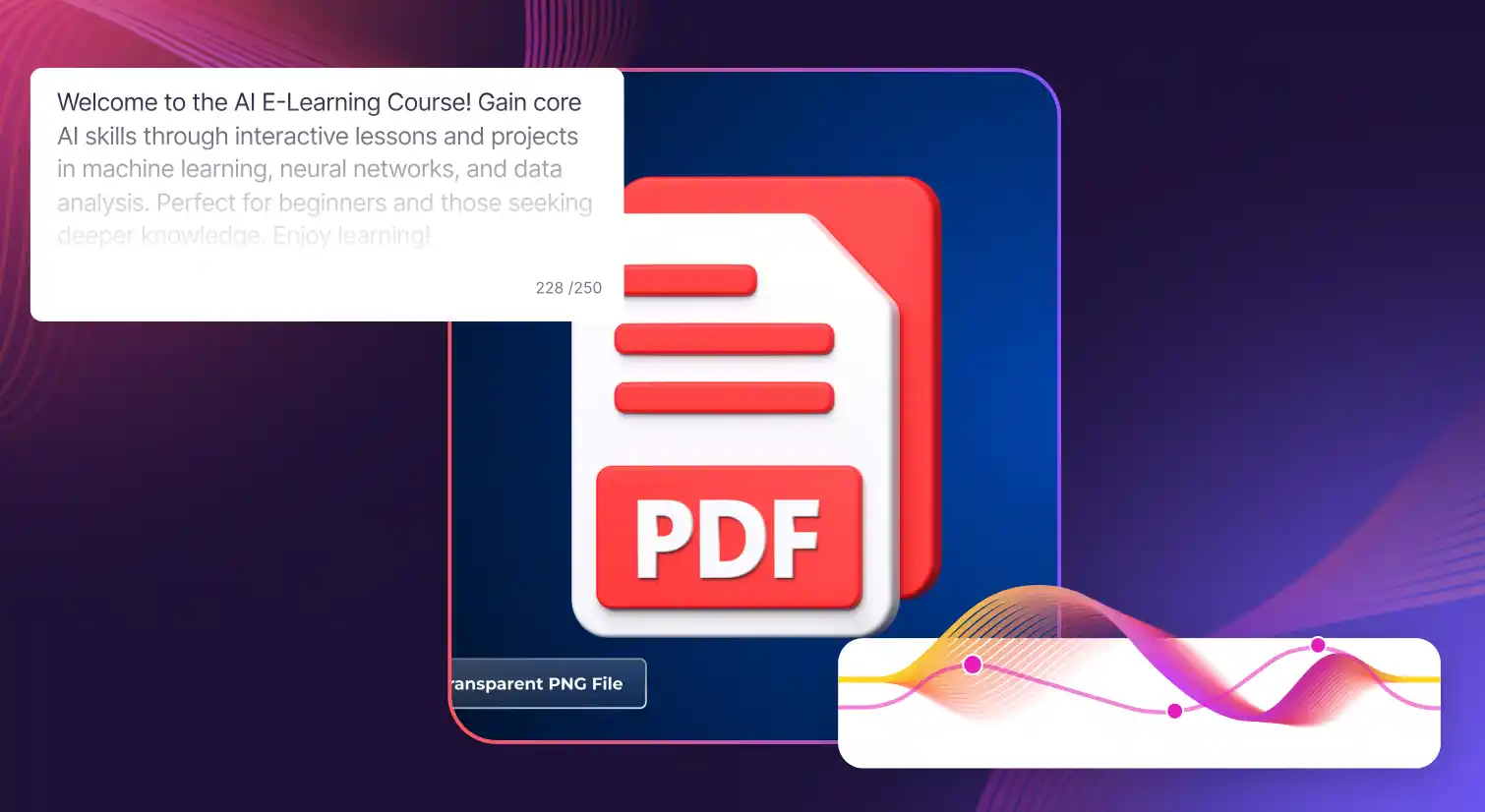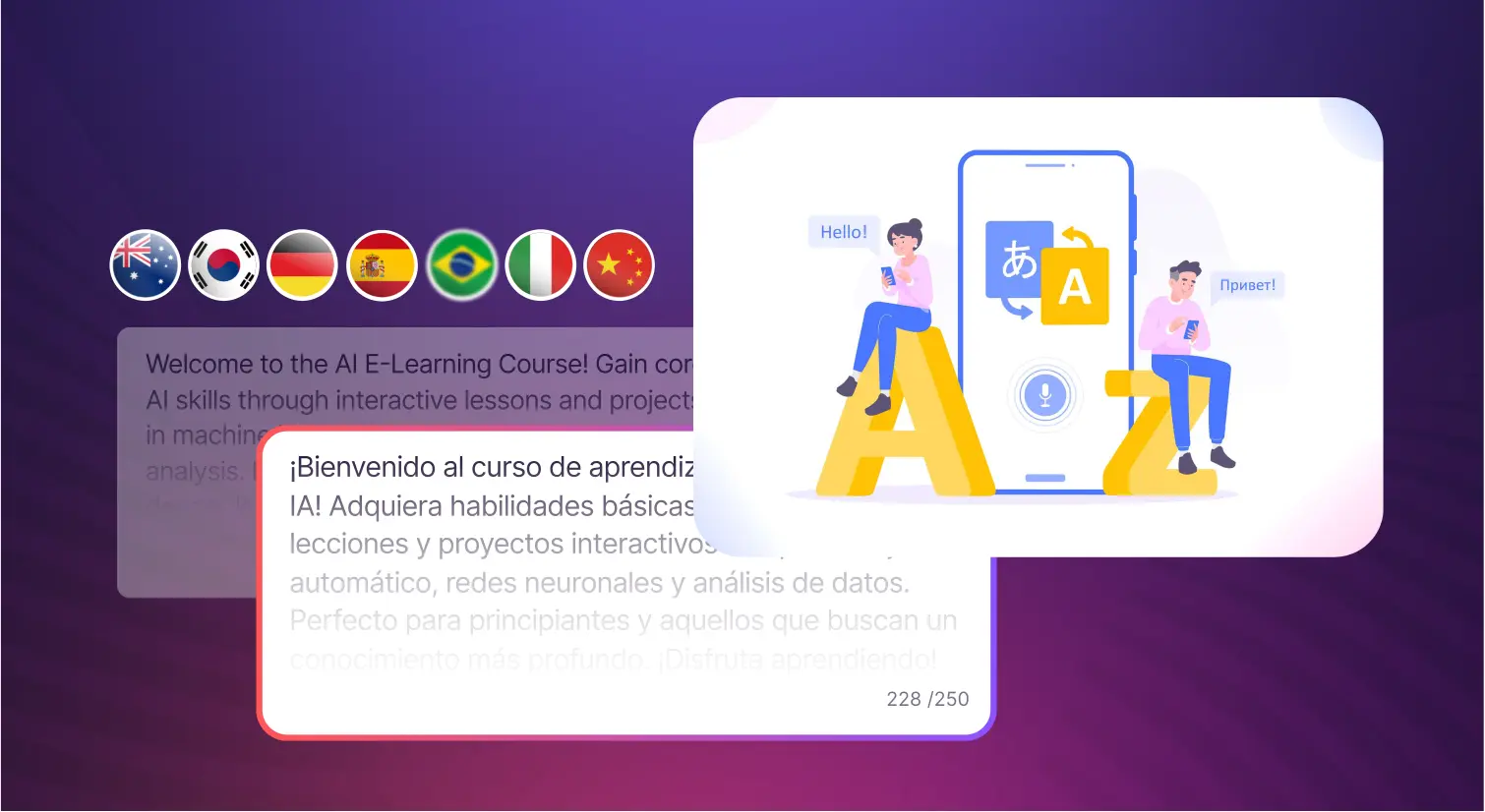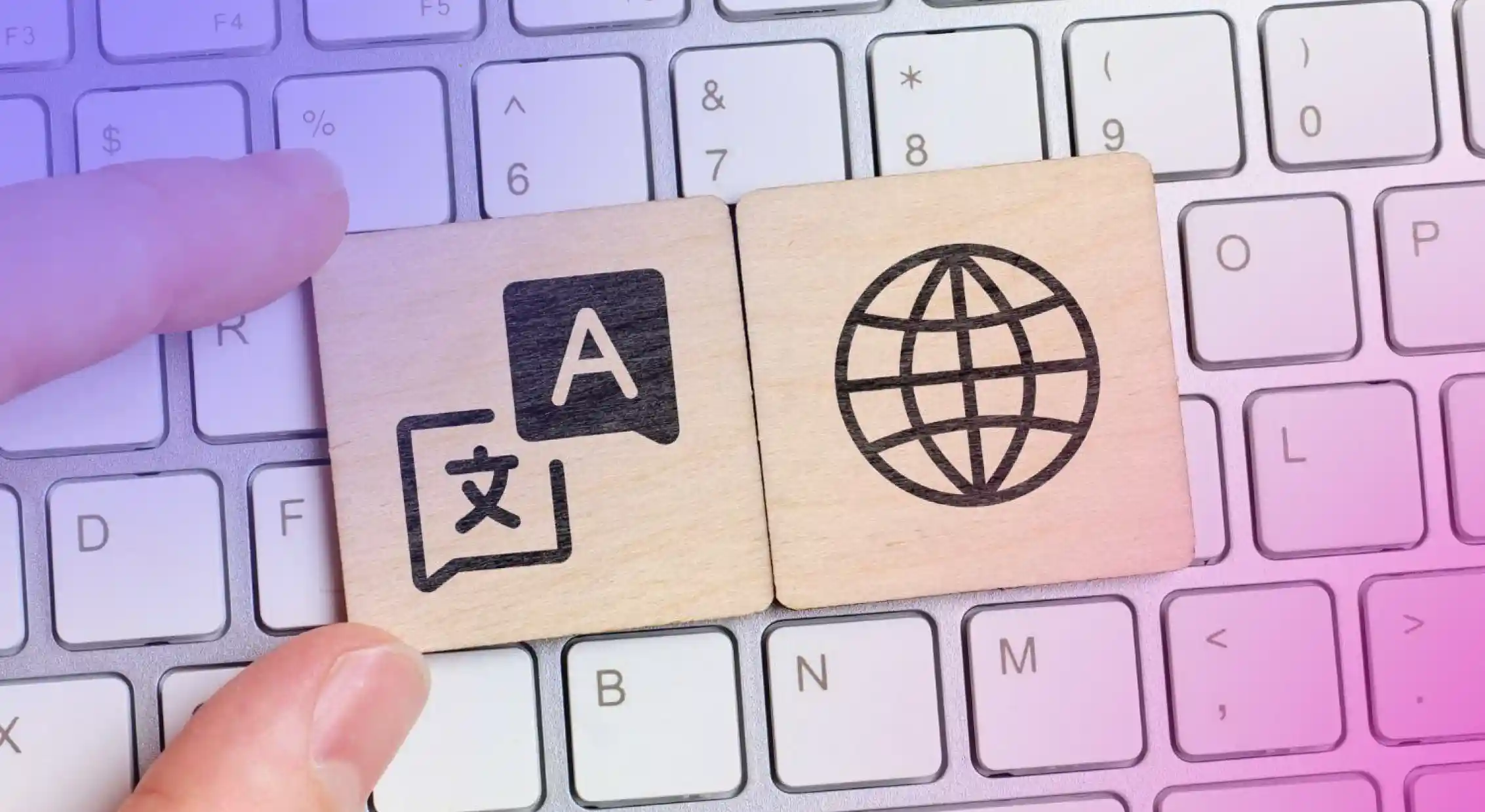Best AI Software for Film: Top AI Tools for Filmmaking

Modern filmmaking has always balanced artistry with technology. From the first motion cameras to the latest digital studios, every innovation has reshaped how stories are told.
From scriptwriting to the final editing process, AI is making once time-intensive tasks faster, smarter, and more accessible. In 2026, AI filmmaking tools are at the forefront of this evolution. The technology is enabling filmmakers to streamline the pre-production process, optimize the editing process, and generate scenes with nothing more than a text prompt.
What makes the best AI software for film so powerful is its accessibility. Tools once reserved for big-budget studios are now accessible to individual creators, enabling anyone with a vision to produce high-quality content.
Whether it’s using an AI video generator to bring motionless images to life, leveraging AI sound design tools for immersive audio, or applying generative AI for film production, these platforms are transforming the way movies are made.
This article explores the best AI tools for filmmaking 2026, highlighting how they can enhance creativity, reduce production costs, and help filmmakers bring their stories from script to screen.
5 Top AI Tools Transforming the Film Industry
The film industry is witnessing a surge of AI tools for filmmaking that are reshaping every stage of production. From AI video generator software that creates entire scenes to AI film editing tools that streamline post-production, these innovations are enabling filmmakers to achieve high-quality results faster and with fewer resources.
Below are some of the best AI filmmaking tools 2026 that are driving this transformation.
1. Google Veo 3
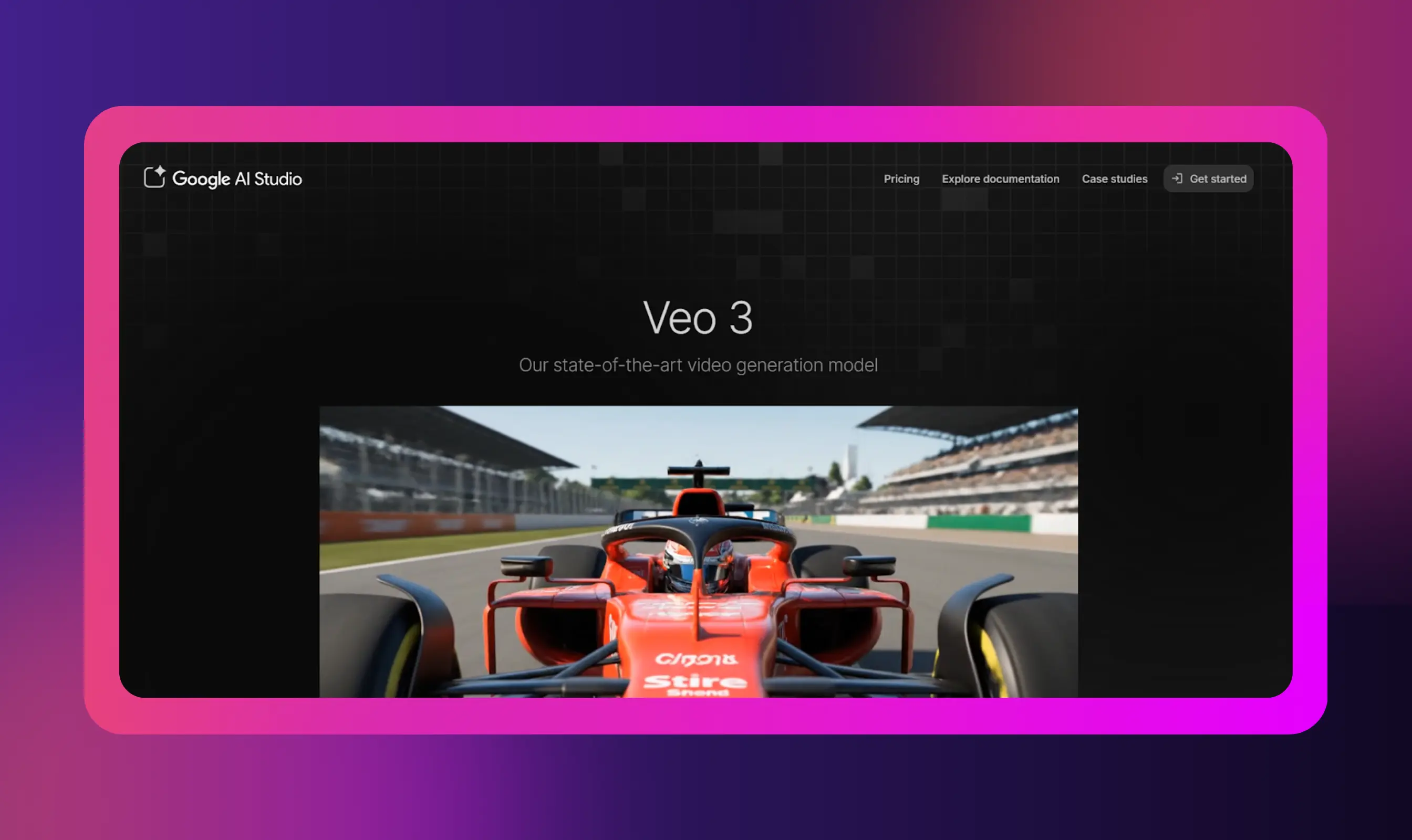
Google’s Veo 3 is one of the most advanced AI video generator tools available in 2026. It allows filmmakers to transform a simple text prompt into cinematic sequences with realistic camera angles, camera movements, and stunning high-quality results.
With its ability to blend static images, stock footage, and animation, Veo 3 is proving to be one of the best AI video generation tools in 2026. Filmmakers can use it for concept visualization, trailers, or even full AI-generated video projects, making it a powerful option for both individual creators and studios.
2. Runway

Runway is one of the most versatile AI filmmaking tools today, widely recognized for its video editing and generative fill features. It empowers creators to transform rough cuts into polished content, seamlessly integrate sound effects, and even animate images to create lifelike AI video sequences.
Beyond its editing power, Runway offers free AI video generation tools on basic plans, while its paid plans provide advanced capabilities for creating videos at scale. Whether you’re producing a short film or experimenting with AI movie generator workflows, Runway is a go-to choice for many AI tools for filmmakers.
3. Colourlab.AI
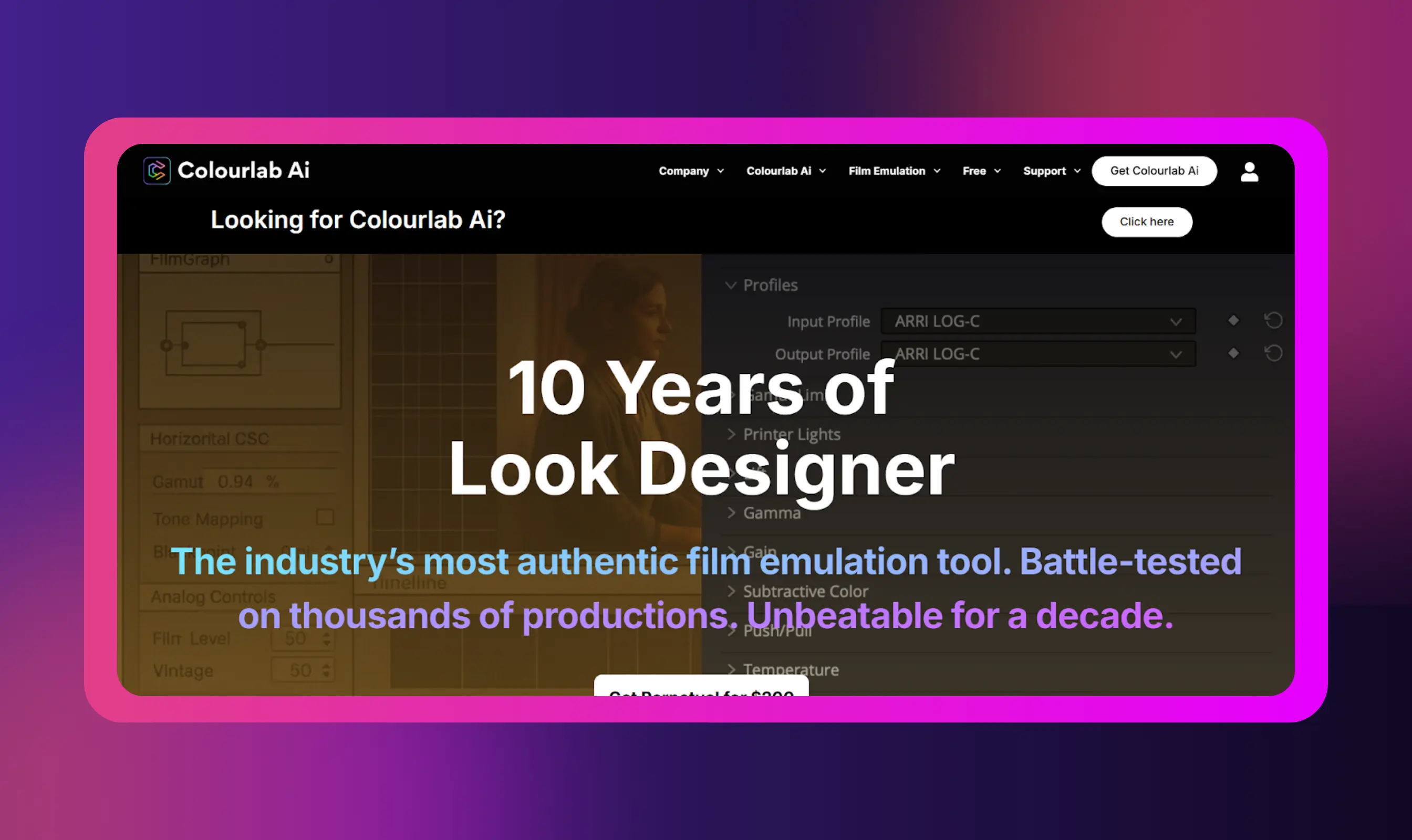
Color grading has long been one of the most time-consuming parts of the editing process. Colourlab.AI simplifies this with advanced AI film editing tools that automatically balance tones, match shots, and enhance cinematic style.
The platform is widely considered one of the best AI video editing software options for professionals who want to save time without compromising artistic control. By automating repetitive adjustments, Colourlab.AI lets filmmakers focus on the final touches, ensuring each frame delivers the desired mood and emotion.
4. Filmustage
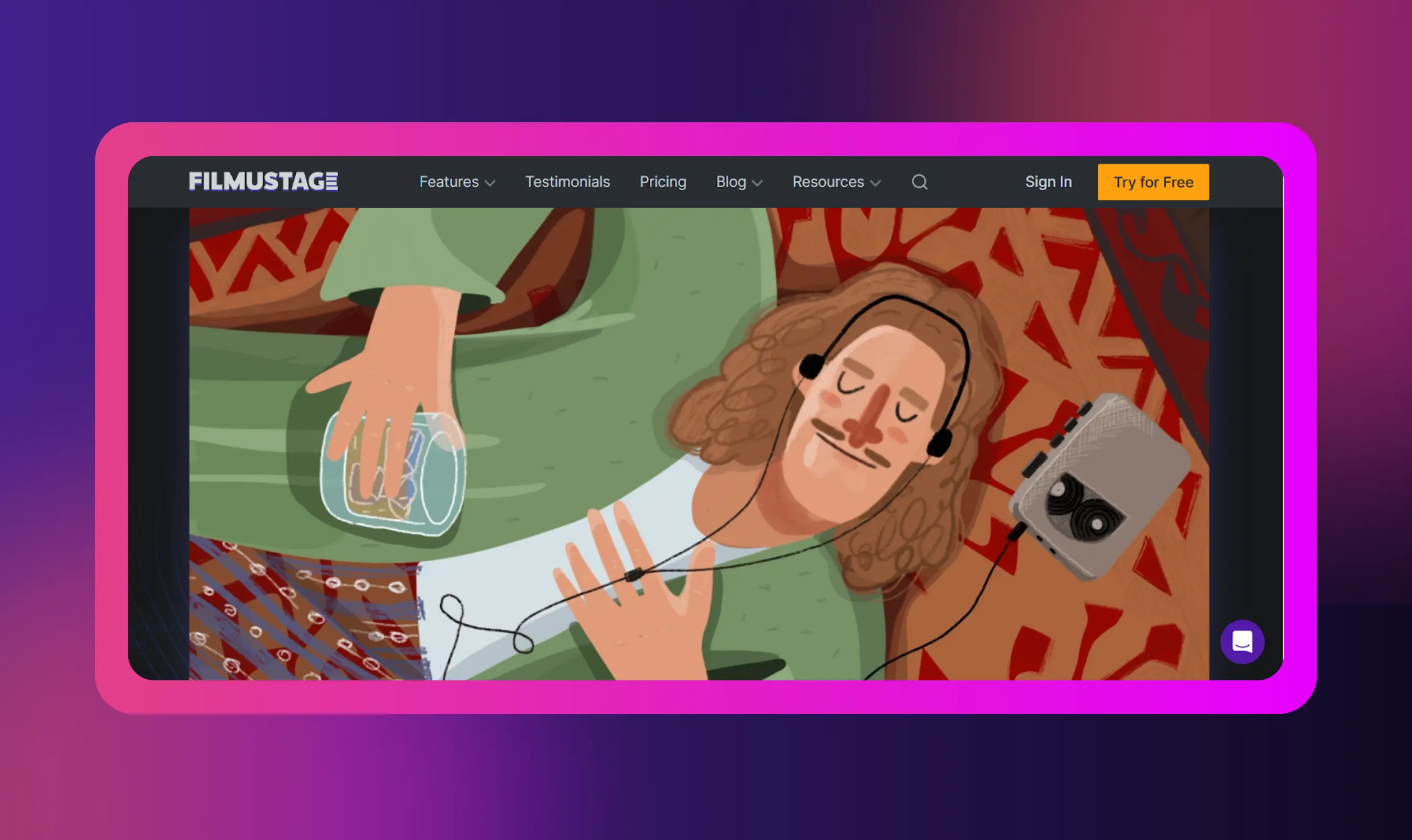
Filmustage is an AI scriptwriting software and pre-production process tool designed to streamline the planning phase of filmmaking. It automatically breaks down scripts into scenes, characters, camera angles, and props, saving countless hours of manual work.
This makes Filmustage one of the best AI tools for filmmaking 2026 for teams looking to improve productivity and reduce errors in scheduling. By integrating into the production process, Filmustage helps directors and producers stay organized from the very first draft.
5. Adobe Firefly
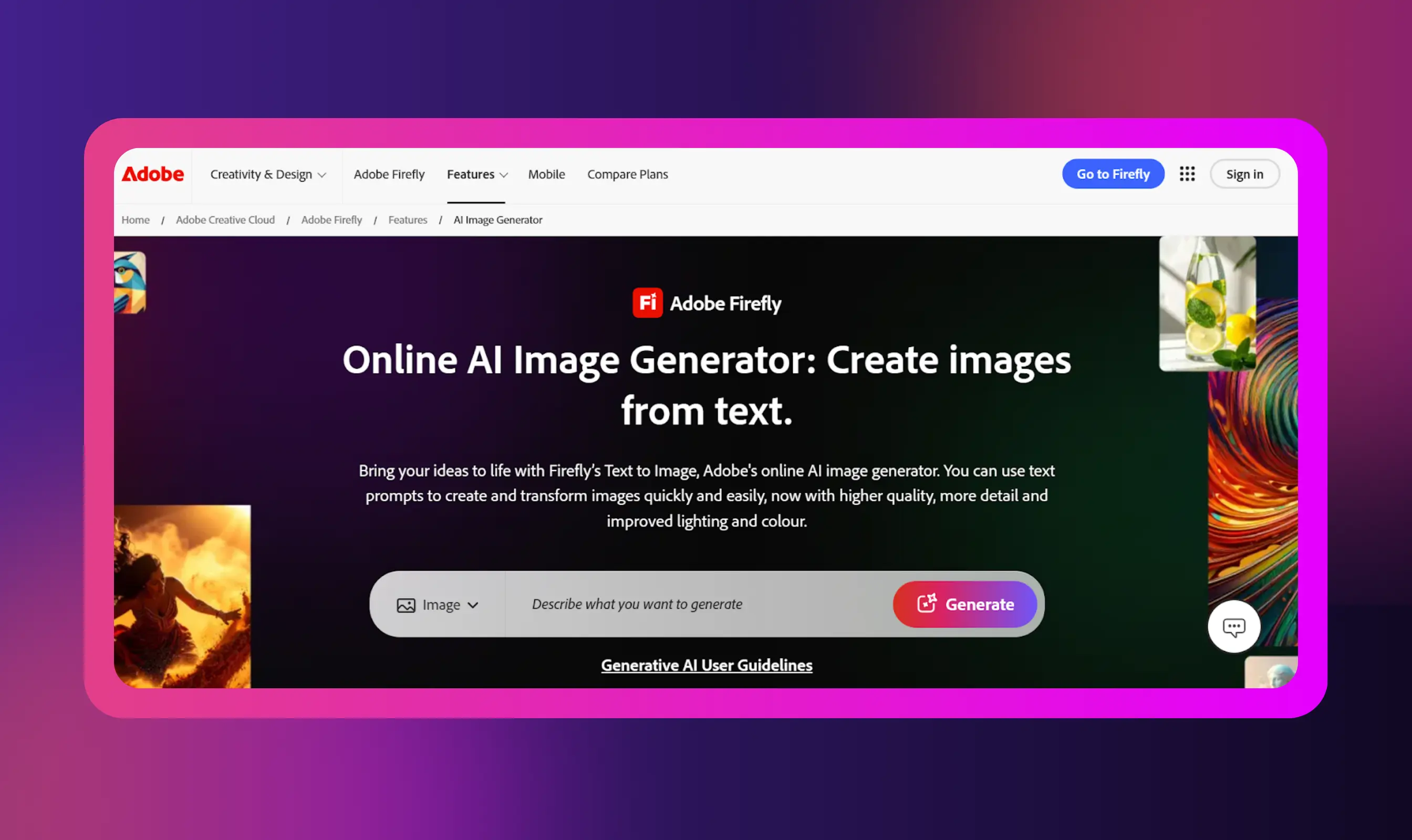
Adobe Firefly brings generative AI for film production directly into the creative suite filmmakers already love. From turning images into motion clips to enhancing dialogue with AI sound design tools, Firefly offers powerful video tools that integrate seamlessly with other tools.
Its generative fill capabilities allow creators to reimagine scenes, add characters, or remove unwanted elements with a few clicks. As part of Adobe’s standard plan and AI platform, Firefly provides filmmakers with the flexibility to start creating visually stunning content faster than ever.
What Is AI Software for Filmmaking?
AI software for filmmaking uses AI to support and enhance the overall movie production process. These tools apply machine learning, generative AI, and automation to tasks such as scriptwriting, storyboarding, video editing, AI dubbing, sound effects, and color grading.
AI in film production isn't meant to replace the human touch. Rather, it acts as a collaborator, handling repetitive technical work so filmmakers can focus on storytelling, style, and vision.
For example, an AI video generator can convert static images or a text prompt into dynamic sequences. Similarly, AI film editing tools work by suggesting smoother cuts or balancing camera movements. At the same time, AI sound design tools add depth to scenes with lifelike audio layers.
By integrating AI tools for filmmaking into the pre-production process, shooting, and post-production, creators gain access to the best AI software for film. This helps them deliver high-quality results, reduces costs, and shortens timelines.
How AI Software Enhances the Filmmaking Process
AI software is transforming filmmaking by streamlining tasks across every stage of production.
Scriptwriting is one of the first areas where AI makes a big impact. Tools like AI scriptwriting software can generate drafts, suggest dialogue improvements, or even adapt a story based on a text prompt, allowing writers to focus more on creativity than formatting.
Pre-Production
In pre-production, AI helps with storyboarding and planning. Platforms like Filmustage analyze scripts and automatically generate camera angles, scene breakdowns, and production schedules, saving hours of manual work.
Production
During production, AI tools for filmmaking can assist with real-time visual effects, camera movements, and scene composition. Even static images can be converted into animated sequences using AI video generator software, giving directors more flexibility to experiment without costly reshoots.
Editing Process
The editing process is another area where AI excels. AI film editing tools streamline tasks like cutting footage, color grading, and syncing sound effects, helping filmmakers achieve professional-quality results faster. Audio dubbing and AI sound design tools can enhance dialogue, add ambient sounds, and create immersive audio experiences without hiring a full post-production team.
Post-Production
Finally, AI aids in post-production by automating repetitive tasks like rendering, exporting multiple formats, and creating alternate versions of a scene.
By integrating AI throughout the filmmaking pipeline, creators can improve efficiency, maintain creative control, and produce high-quality films with less effort. This can be achieved by independent filmmakers using free AI filmmaking tools or studios leveraging advanced AI video generator software.
Choosing the Right AI Tool for Your Film Project
Selecting the right AI tools for filmmakers depends on the project’s goals, budget, and technical expertise. For independent filmmakers or small teams, free AI filmmaking tools and entry-level platforms are a great starting point. They allow creators to experiment with AI video generation, AI film editing tools, or AI sound design tools without heavy investment. Thus, they can produce short films or test concepts quickly.
Larger productions or professional studios typically invest in the best AI software for film. This gives them access to advanced features like generative AI for film production, high-quality video editing, and AI video generators that can handle complex sequences.
Platforms that integrate with other tools or support multiple camera angles can significantly streamline the editing process and enhance creative control.
Technical expertise also matters. Some AI filmmaking tools, free or paid plans, require minimal setup, while others offer full control over camera movements, animation, and sound effects for users familiar with video editing workflows. Consider your team’s skill level, desired final touches, and the type of content you want to produce when choosing a platform.
Finally, the best AI tool aligns with your creative vision, production scale, and workflow needs. It will cater to all your needs, whether you are generating your first AI-generated video or orchestrating a feature-length film with AI in film production.
Future Trends in AI and Filmmaking
Artificial intelligence in filmmaking is reshaping how stories are created and experienced. Deep learning and generative AI for film production are introducing tools that can generate realistic visuals, enhance camera movements, and even suggest creative edits automatically.
One major trend is the rise of AI video generator software that transforms text prompts into fully realized scenes, making pre-visualization faster and more accessible.
Similarly, AI sound design tools are evolving to produce dynamic audio that adapts to the mood of each scene. On the other hand, AI film editing tools continue to improve productivity by automating repetitive tasks like color grading and shot matching.
Another exciting development is the integration of AI with image to video workflows, allowing filmmakers to animate static images or repurpose stock footage into new videos. As AI filmmaking tools become more sophisticated, they are not only improving efficiency but also expanding creative possibilities for both individual creators and large studios.
Looking ahead, generative AI will likely play a bigger role in personalized content, real-time visual effects, and AI video creator platforms that empower storytellers to bring ideas to life faster than ever.
With these advancements, the boundary between imagination and execution is becoming increasingly seamless.
Breaking Language Barriers with AI Video Translation
For filmmakers looking to reach global audiences, AI tools for filmmaking now include powerful video translator solutions for translation and localization.
Platforms like Murf enable creators to convert dialogue into multiple languages with natural-sounding AI voiceover software for film, ensuring your story resonates across cultures without losing nuance or emotion.
Using Murf, filmmakers can take an AI-generated video or an AI video creator project and automatically add translated audio tracks, sync dialogue to on-screen actors, and maintain high-quality results throughout the process. This is particularly valuable for independent creators using free AI filmmaking tools and voice translator or studios aiming to streamline international distribution.
By leveraging artificial intelligence in filmmaking, Murf bridges language gaps, allowing your films, trailers, or promotional content to reach audiences worldwide. With AI video generator software handling translation and localization efficiently, filmmakers can focus on storytelling and high-quality content while AI ensures every clip, scene, and moment is accessible to a global audience.
Conclusion
From scriptwriting to AI video generation, the landscape of filmmaking is evolving rapidly, and AI filmmaking tools are making it easier than ever to bring creative visions to life.
For filmmakers aiming to streamline production, enhance sound design, or localize content for global audiences, Murf offers an intuitive solution. With its AI voiceover software for film and robust AI video creator capabilities, Murf empowers creators to add natural-sounding dialogue, translate videos seamlessly, and achieve professional-quality results without lengthy post-production cycles.
Whether you are working on a short film, an independent project, or a full-scale studio production, Murf AI offers the tools to amplify your storytelling and reach audiences worldwide.
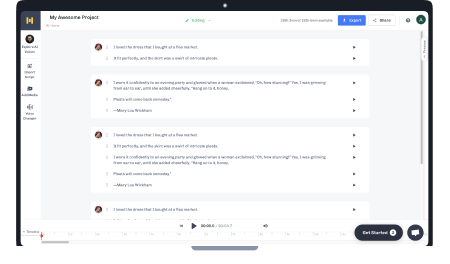
Frequently Asked Questions
What is the best AI for film scripts?
.svg)
The best AI for film scripts is AI scriptwriting software that assists writers in generating drafts, improving dialogue, and structuring scenes efficiently. These tools streamline the pre-production process, helping both individual creators and studios turn ideas into polished scripts faster.
Is AI good for filmmaking?
.svg)
Yes, AI in film production enhances creativity and efficiency. From AI video generator software to AI film editing tools, AI streamlines the editing process, handles repetitive tasks, and enables filmmakers to focus on storytelling while producing high-quality results.
How can AI tools improve the filmmaking process?
.svg)
AI filmmaking tools improve the filmmaking process by automating tasks across pre-production, shooting, and post-production. They support video editing, sound design, color grading, and even scene creation with AI-generated video, helping filmmakers save time and reduce production costs.
Are AI filmmaking tools suitable for independent filmmakers?
.svg)
Absolutely. Free AI filmmaking tools and other affordable platforms let independent filmmakers create AI-generated video, manage camera angles, and add AI voiceover software for film. These tools make high-quality content creation accessible without large budgets or extensive teams.
What are the limitations of AI in filmmaking?
.svg)
While AI enhances efficiency, AI tools for filmmaking cannot fully replace human creativity. Limitations include potential unnatural dialogue, over-reliance on templates, and challenges with artistic nuance. Filmmakers still need to guide the story, emotion, and final touches for authentic results.



